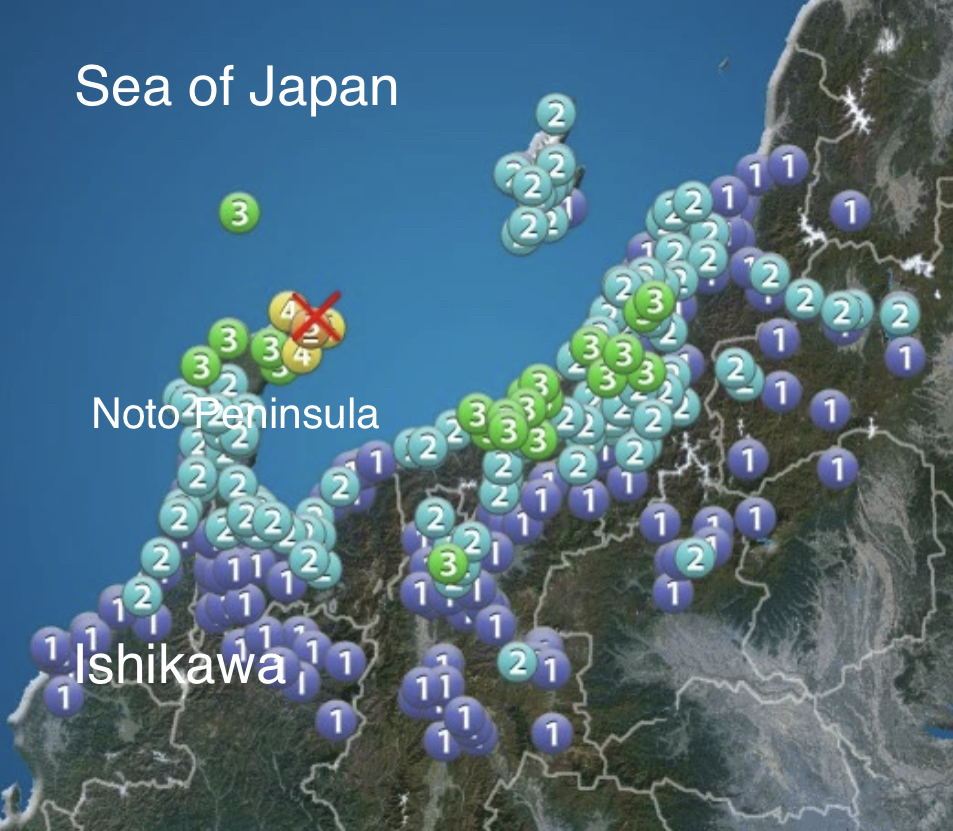Alright, folks, buckle up. The Bank of Japan’s Governor, Kazuo Ueda, is heading into the lion’s den – or, rather, a very high-stakes meeting room. He’s officially confirmed plans to huddle with Federal Reserve Chair Jerome Powell and other global policy heavyweights next week. Let’s be clear: this isn’t just a friendly chat. This is about navigating a seriously volatile currency landscape, particularly the Yen’s recent struggles.

This move underscores the immense pressure the BOJ is facing. The Yen is flirting with multi-decade lows, and it’s not just about trade deficits. It’s about the impact on Japanese households and businesses. Ueda is walking a tightrope – trying to maintain loose monetary policy while stemming the Yen’s freefall.
Let’s talk about why this matters, especially for those of you following global markets.
Understanding Currency Intervention: Central banks can actively buy or sell their own currency to influence its value. This is rare, and often viewed as a desperation move.
The Role of Interest Rate Differentials: Differences in interest rates between countries are a major driver of currency flows. Higher rates generally attract investment, strengthening the currency.
The ‘Carry Trade’ Effect: Low interest rates in Japan coupled with higher rates elsewhere (like the US) encourage investors to borrow Yen cheaply and invest in higher-yielding assets, weakening the Yen.
Impact on Inflation: A weaker Yen imports inflation, making imported goods more expensive for Japanese consumers. This is a major concern for the BOJ, as it fights to avoid a sustained inflationary spiral.
Ueda’s discussions with Powell will be crucial. Will Powell signal any shift in the Fed’s hawkish stance? Will Ueda offer any hints about a potential policy shift? The market’s hanging on every word. This isn’t just Japan’s problem; it’s a global one, and the fallout could be significant. We’re looking at a potential inflection point, people! Don’t get caught napping.






